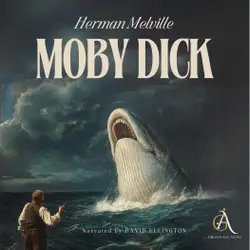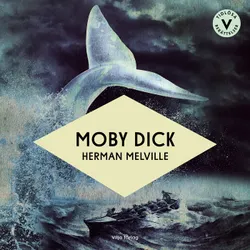Accordingto Wikipedia: "Bartleby, the Scrivener: A Story of Wall Street is a novella by the American novelist Herman Melville (1819–1891). It first appeared anonymously in two parts in the November and December 1853 editions of Putnam's Magazine, and was reprinted with minor textual alterations in his The Piazza Tales in 1856. Herman Melville wrote the story as an emotional response to the fact that Pierre was published to bad reviews. Christopher Sten writes in "Bartleby, the Transcendentalist: Melville's Dead Letter to Emerson" Melville found inspiration in Ralph Waldo Emerson's essays, particularly "The Transcendentalist" which shows parallels to "Bartleby". Bartleby is a kind of clerk, a copyist, "who obstinately refuses to go on doing the sort of writing demanded of him." During the spring of 1851, Melville felt similarly about his work on Moby Dick. Thus, Bartleby can be seen to represent Melville’s frustration with his own situation as a writer, and the story itself is “about a writer that forsakes conventional modes because of an irresistible preoccupation with the most baffling philosophical questions... Though no great success at the time of publication, "Bartleby the Scrivener" is now among the most noted of American short stories."

Moby Dick - Audiobook
Herman Melville, Classic Audiobooks, Moby Dick
audiobook
Moby Dick
Herman Melville
audiobookbook
Bartleby lo scrivano
Herman Melville, Fabio Gregorio
audiobook
Moby Dick : A timeless literary masterpiece that delves into the depths of obsession and the human struggle.
Herman Melville, Zenith Blue Ridge Books
book
World's Greatest Short Stories
Daniel Defoe, Benjamin Franklin, Washington Irving, Mateo Falcone, Charlotte Bronte, Mary Shelley, Nathaniel Hawthorne, Nikolai Gogol, Edgar Allan Poe, Fyodor Dostoyevsky, Charles Dickens, Herman Melville, Mark Twain, Guy de Maupassant, Oscar Wilde, Leo Tolstoy, H.G. Wells, Ambrose Bierce, Stephen Crane, Kate Chopin, Jack London, E.M. Forster
audiobook
Die verzauberten Inseln : Ausgabe in neuer Übersetzung und Rechtschreibung
Herman Melville
book
Benito Cereno : Die Geschichte einer Schiffsmeuterei
Herman Melville
book
Billy Budd : Die Geschichte eines Seemanns
Herman Melville
book
Der Hochstapler : Ausgabe in neuer Übersetzung und Rechtschreibung
Herman Melville
book
Moby Dick (lättläst)
Herman Melville
audiobookbook
Moby Dick - Livre Audio
Herman Melville, Livres audio en français, Moby Dick
audiobook
101 Great American Poems : To My Dear and Loving Husband, The Planting of the Apple-Tree, Concord Hymn, The Arrow and the Song, Alone, Annabel Lee and others
Anne Bradstreet, Phillis Wheatley, William Cullen Bryant, Ralph Waldo Emerson, Henry Wadsworth Longfellow, Edgar Allan Poe, Abraham Lincoln, Oliver Wendell Holmes Holmes, Herman Melville, Walt Whitman, Frances E. W. W Harper, Emily Dickinson, Ella Wheeler Wilcox, Ernest Lawrence Thayer, Edwin Arlington Robinson, Stephen Crane, James Weldon Johnson, Paul Laurence Dunbar, Gertrude Stein, Vachel Lindsay, Claude McKay, Countee Cullen, Amy Lowell, James Oppenheim, Elizabeth Barrett Browning, Emma Lazarus, Louisa May Alcott, Ellis Parker Butler, Hugh Henry Brackenridge, Matthew Arnold, William Butler Yeats, William Blake, Sara Teasdale, William Barnes
audiobook
